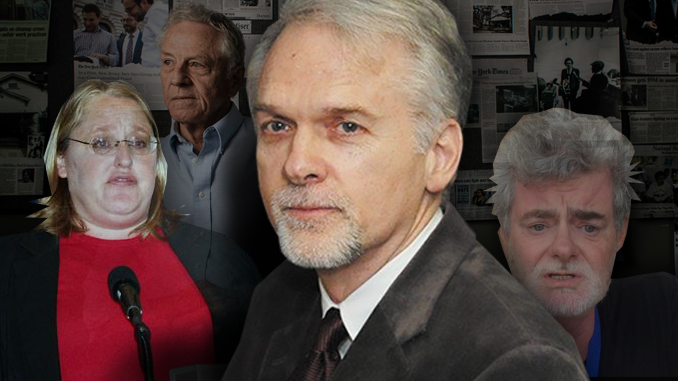
Glen K. Allen, an attorney in Baltimore, Maryland, is the plaintiff in a lawsuit he filed in December 2018 in federal court in Maryland against Heidi Beirich, Mark Potok, and the Southern Poverty Law Center (SPLC). Recently, Allen sat down with AFP to talk about his case as well as free speech in the current political environment in the United States.
* * * * *
AFP: Mr. Allen, could you give us a summary of your lawsuit?
Allen: Sure. In August 2016, Heidi Beirich and the SPLC improperly orchestrated my termination as an attorney for the City of Baltimore, where I was doing competent and ethical work.
The SPLC, in its remarkable arrogance, not only does not deny it did this but has boasted about it on one of its so-called “hate maps,” together, of course, with the most unflattering photo of me it could find. I have brought suit in federal court alleging three federal and six state law claims.
My claims are based on the SPLC’s actions against me but also on its conduct over decades that I contend is inconsistent with its status as a law firm and a purported 501(c)(3) nonprofit dedicated to an educational mission. So, in essence, I’m seeking to redress the harms done to me but also to vindicate basic principles of free expression and the rule of law.
AFP: You mentioned free expression. Did you have an interest in that subject prior to this case?
Allen: Yes, for half a century I have seen our American traditions of free expression and free assembly as unique and fragile and have advocated constant vigilance to preserve them. I have tried to do my part to protect them.
AFP: Do you recall when you first became interested in these kinds of issues?
Allen: Actually, I do. When I was a young teenager growing up in western Colorado, I became friends with the son of the local judge, Judge William Ela. Judge Ela and his son were active with the Great Books Reading Program created by the University of Chicago and helped get me involved. That opened my eyes to the importance of free and open discussion of even controversial and unpopular ideas. And there was a specific incident that made a deep impression on me. At one point a young man who had burglarized a bookstore was coming before Ela to be sentenced. Burglarizing a bookstore is a bad act, for sure, but to the man’s credit the books he stole were mostly books of philosophy and history. I was invited to the sentencing. Ela said to the young man: “It is within my power to send you to prison for a year or more, but I’m going to give you a break. I’m putting you on probation for three years, but on condition that you read those books you stole, at least most of them, and report on them to your probation officer.” So the guy had to spend the next few years reading these books of philosophy and history and trying to understand them.
AFP: What was the effect?
Allen: He never got in trouble with the law again.
AFP: Maybe more judges should try that approach.
Allen: You are probably right. Judge Ela was a great judge.
AFP: Was it experiences like that which led you to law school?
Allen: Yes, but it took a while. After graduating from a liberal arts college as a philosophy major, after a few years’ delay I joined the Army as an enlisted man. I learned a lot in the Army that I didn’t learn at a liberal arts college, believe me, and not all of it was enjoyable. But the Army did carry through on its promise to station me in Germany, where I lived for about a year off-post with a German family. I learned a little about World War II from the Germans’ point of view. That experience confirmed me in my views of the importance of traditions of free speech that allow even highly unpopular perspectives to be expressed.
AFP: And from the Army into law school?
Allen: Yes.
AFP: Did you focus on the First Amendment in law school?
Allen: Well, one takes a range of classes in law school, but yes, the First Amendment was the topic I loved best. In particular I became fascinated by the role of two famed Supreme Court justices, Oliver Wendell Holmes and Louis Brandeis, in the development of our country’s First Amendment doctrines.
AFP: Justice Holmes, the Civil War hero and Yankee from Olympus?
Allen: That’s the man. Few people realize that until the dissents of Holmes and Brandeis a hundred years ago in several cases relating to criminal sentences for persons protesting America’s entry into World War I, the First Amendment was basically a dead letter, toothless and rarely invoked. Holmes breathed life into it with his metaphor of the marketplace of ideas and his contention that the First Amendment protects, above all, the views we hate. He and Brandeis set our courts on a free speech path unlike any other in the world.
AFP: In what respects is the First Amendment so unique?
Allen: Many. For one, in every other tradition with which I am familiar—in Canada, for example—it is permissible to criminalize or restrict speech based on the offensiveness of the speech—that is, the hurt feelings of the audience—and principles of good order, that is, how disruptive the speech may be. But under our leading Supreme Court cases, the offended and hostile reactions of an audience to speech are not reasons to limit the speech but the exact opposite—reasons it must be protected. And I would say American cases go beyond the traditions of other nations in protecting against vague laws that keep people guessing and therefore chill their willingness to express themselves.
AFP: What is your assessment of the state of free expression and free assembly in the U.S. today?
Allen: Ominous. The threats arise not so much from the courts, although there are some troubling developments there, but from massive surveillance and censorship organizations such as the SPLC and from deplatforming by social media and payment processing giants such as Twitter, Facebook, and PayPal, which are not, so they contend, subject to First Amendment principles.
Worse yet, these two sources of speech suppression are working together. The result is a complete abandonment of the principles that Holmes and Brandeis helped establish. These groups will accept a marketplace of ideas only if they control the marketplace. And chilling free expression is exactly what the SPLC aims to do. It creates a climate of fear by shaming people in public and harming them in their vocations as a warning to others not to step beyond the SPLC’s approved boundaries.
AFP: What is to be done?
Allen: There is no denying we are in a perilous environment for free speech and assembly. Unfortunately, it is likely to get worse before it gets better. One critical step must be to state loudly and clearly that we are opposed to violence and intimidation as means to resolve our differences. If we do, I think in time the tide will turn, because the enemies of free expression can’t keep themselves from ever more onerous restrictions on unapproved viewpoints. We must remain defiant, speaking our mind forthrightly, providing moral and financial support to others across the political spectrum who suffer for speaking their minds forthrightly, and calling out those who would enforce their narrow orthodoxies.
AFP: Has your lawsuit against the SPLC received much publicity?
Allen: Virtually none from the mainstream media, which is quite a contrast to the dozen calls I received from mainstream reporters when the SPLC orchestrated a media frenzy against me in August 2016. They were on me like piranhas. There were even reporters outside my house with television cameras. But now, when I’ve fought back with a lawsuit, only a few non-mainstream media, such as AFP and PJ Media, have taken an interest. And God bless you for doing so.
AFP: How can our readers help you?
Allen: My legal expenses are significant. The SPLC—with its bulging bank accounts of over $450 million—does not need to worry about legal expenses, but I do. Please consider a donation to www.breathing-space-for-dissent.com, which is my website. Your readers should first consider giving financial support to 501(c)(3) nonprofits such as the Free Expression Foundation Inc. (P.O. Box 1479, Upper Marlboro, Md. 20772), which helps causes such as mine.

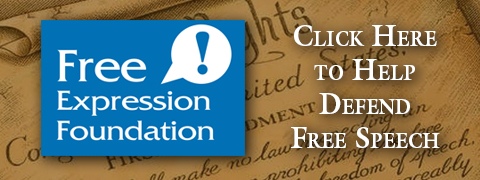
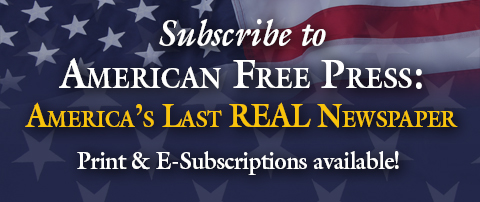
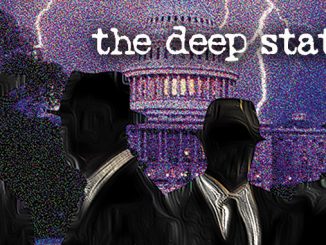
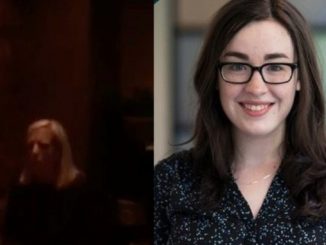

I got on the SPLC’s Hate List because my group took on illegal immigration by putting on a cable show about it. Other interest took my brother and me into discussing the holocaust also in our TV endeavors. It was then where the SPLC and the ADL came after us with a vengeance, slandering us and defaming us and our stance on Illegal immigration but ALWAYS using the holocaust as another way to come back at us to defame us. They never stopped. Our cable shows were finally taken off the air through very unscrupulous means and those groups, the ADL and SPLC seem to be very happy about it. Just look up CCFIILE or or Rizoli on their web sites or web searches and you’ll find some great slander. These groups truly only want you to know THEIR side of history. Any other viewpoint will get you in trouble and that is why these groups are very destructive to free speech in America.
The SPLC cynically and deliberately causes racial polirization by suppressing topics and open discussions on racial and ethnic identity. They use Salem witch trial tactics. How they were able to dovetail with the courts and law enforcement is disgraceful. They are a totally dishonest organization.
This information needs to be spread far and wide. The SPLC is just another HATE group.